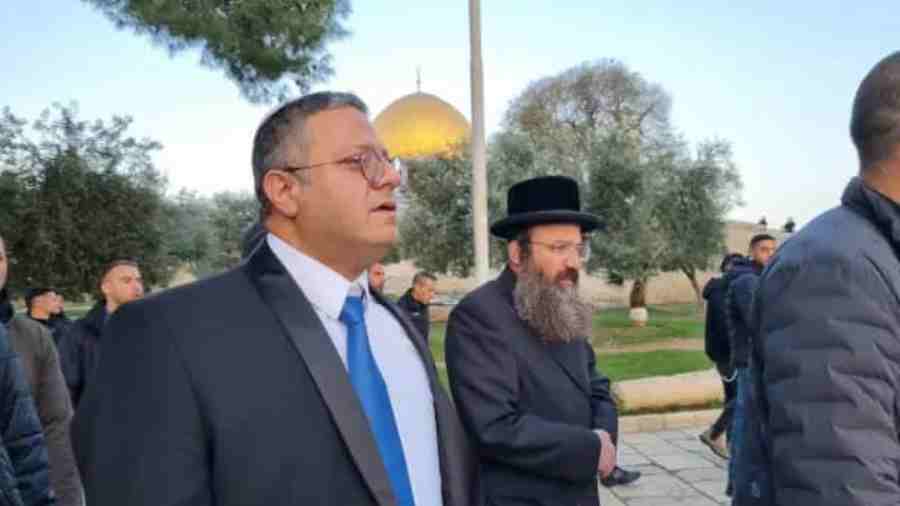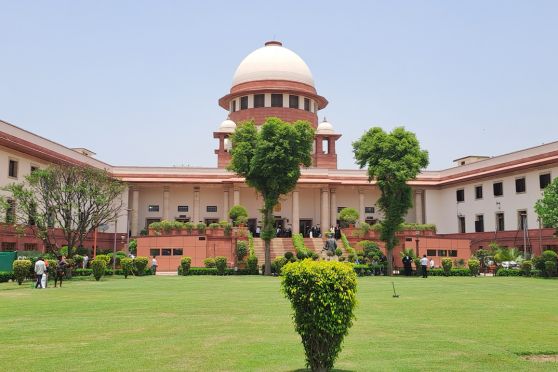In one of his first acts as Israel’s minister of national security, the ultranationalist Itamar Ben-Gvir made a provocative visit to a Jerusalem holy site that is sacred to Jews and Muslims early on Tuesday under heavy guard, defying threats of violent repercussions from the militant group Hamas and eliciting a furious reaction from the Palestinian leadership.
The visit to the site, a frequent flash point in the Old City of Jerusalem where past Israeli actions have set off broader conflagrations, was the first by a high-level Israeli official in years and passed without incident. But coming two days after Ben-Gvir took office, it served as an early indicator of the difficulties Israel’s new government, its most Right-wing and religiously conservative yet, will face in the domestic and international arenas. The Palestinian foreign ministry condemned the visit as “an unprecedented provocation” and said that it held Prime Minister Benjamin Netanyahu of Israel responsible for what it called a “flagrant attack” on the holy site.
Hamas, the Islamic militant group that controls Gaza, the coastal Palestinian enclave where Israel has fought several wars in recent years, had warned that any visit to the site by Ben-Gvir would be “a detonator” that would trigger an explosion.
Ben-Gvir’s visit highlighted the uncompromising approach to the Palestinians that has been promised by the new coalition at a time of growing violence in the occupied territories. Some senior officials have called for the annexation by Israel of the occupied West Bank, a territory that the Palestinians see as part of their future state according to the internationally accepted principle of a two-state solution to the Israeli-Palestinian conflict.
On Monday, the new Israeli foreign minister, Eli Cohen, attacked the Palestinian leadership at the ceremony marking his first day in office, saying that they should stand trial at The Hague for war crimes. His remarks came after the UN General Assembly voted on Friday to approve a resolution requesting that the International Court of Justice intervene and render an opinion on the Israeli occupation and the state of the conflict.
The site visited by BenGvir on Tuesday is revered by Jews as the Temple Mount, the location of two ancient temples, and by Muslims as the Noble Sanctuary, the compound containing Al Aqsa Mosque and other important Islamic shrines.
The holiest site for Jews, and the third holiest for Muslims, the compound was conquered by Israel during the Arab-Israeli War of 1967. Under an uneasy arrangement that has prevailed for decades under Jordanian custodianship, Jews are permitted to visit, as are non-Muslim tourists, but they are not supposed to pray there. That norm, long enforced by the Israeli police in the interest of preserving public order, has been fraying in recent years.
Provocative: Saudis
Saudi Arabia condemned “provocative actions” by an Israeli official who it said had “stormed” the al-Aqsa mosque compound on Tuesday, the country’s foreign ministry said in a statement.
New York Times News Service and Reuters











